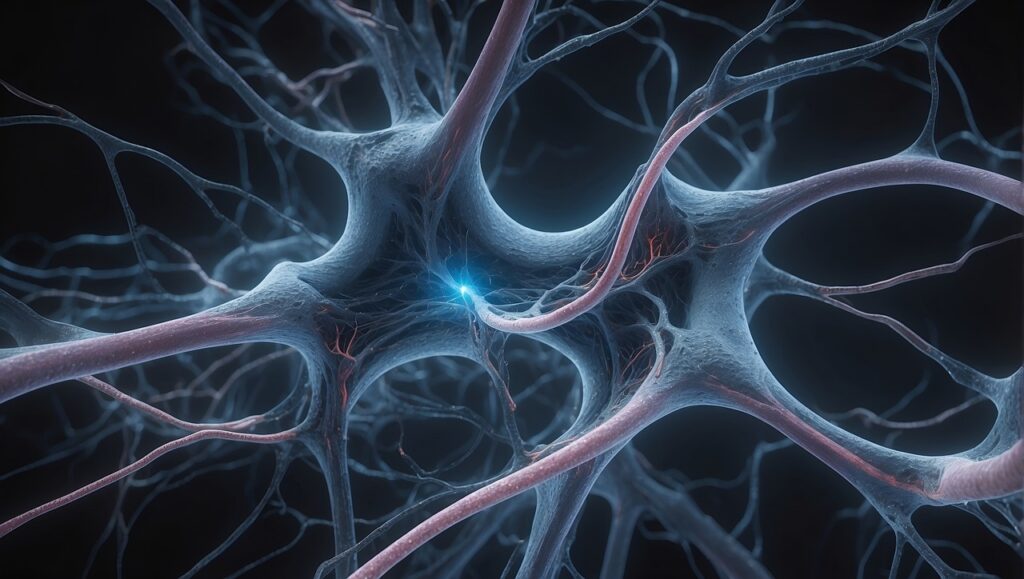The Transformative Power of Meditation: Unveiling the Science Behind Meditation and its Benefits

Meditation has been rigorously analyzed and validated by the scientific community for its benefits on the mind, body, spirit, and overall health, illuminating its profound impact. Let’s explore these benefits from a grounded, research-based perspective.
Mind: The Neuroscientific Revolution
Meditation has been shown to significantly alter brain activity and structure. Research indicates that consistent meditation practice can increase the thickness of the prefrontal cortex, the brain area responsible for attention, self-control, and executive functioning. Furthermore, meditation reduces activity in the amygdala, the “fight or flight” center associated with stress and anxiety. These changes enhance mental clarity, emotional stability, and a heightened state of awareness.
Body: A Pillar of Health
The physical benefits of meditation are equally compelling. Studies have demonstrated its efficacy in lowering blood pressure, which is a significant factor in heart disease. Meditation has also been found to enhance the immune response helping the body defend against illness. Additionally, it can improve sleep quality, combat chronic pain, and support healthier aging by reducing markers of inflammation.

Spirit: Emotional and Psychological Wellbeing
At the heart of meditation is its power to improve mental and emotional health. Studies consistently show it reduces depression and anxiety symptoms, boosting emotional resilience. By adjusting brain wave frequencies, meditation helps regulate emotions and enhances cognitive function. It also fosters compassion and empathy, strengthening connections with oneself and others.

Overall Health: Comprehensive Benefits
The holistic impact of meditation on health is supported by a wealth of scientific evidence. Beyond reducing stress and enhancing mental health, meditation has been linked to improved memory, concentration, and cognitive function. Its role in the neuroplasticity of the brain—its ability to form new neural connections—suggests that meditation can fundamentally change the way our brains operate, leading to lasting improvements in various aspects of our lives.
Incorporating meditation into daily life can be a simple yet profound practice, accessible to everyone, from beginners to seasoned practitioners. As we continue to uncover the mechanisms behind its benefits, meditation emerges as a powerful tool for personal transformation and healing. Understanding the power of science behind meditation allows us to harness the evidence-based benefits of this practice to foster inner peace, physical health, and a deeper connection to one’s self.
Lazar SW, Kerr CE, Wasserman RH, Gray JR, Greve DN, Treadway MT, McGarvey M, Quinn BT, Dusek JA, Benson H, Rauch SL, Moore CI, Fischl B. Meditation experience is associated with increased cortical thickness. Neuroreport. 2005 Nov 28;16(17):1893-7. doi: 10.1097/01.wnr.0000186598.66243.19. PMID: 16272874; PMCID: PMC1361002.
Lee DJ, Kulubya E, Goldin P, Goodarzi A, Girgis F. Review of the Neural Oscillations Underlying Meditation. Front Neurosci. 2018 Mar 26;12:178. doi: 10.3389/fnins.2018.00178. PMID: 29662434; PMCID: PMC5890111.
